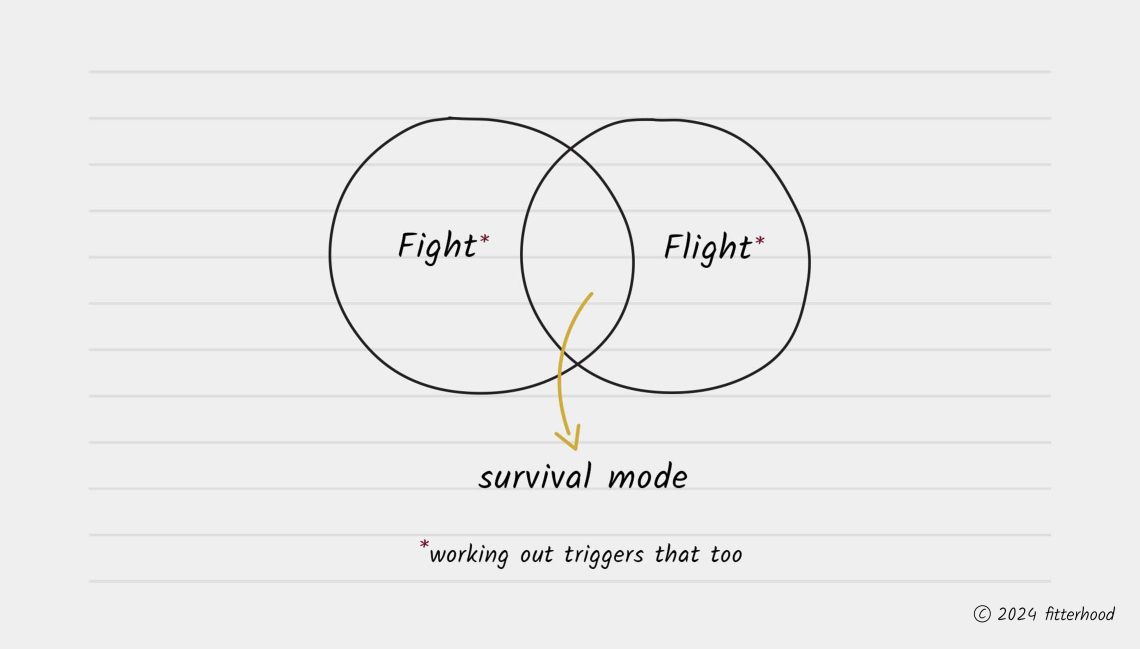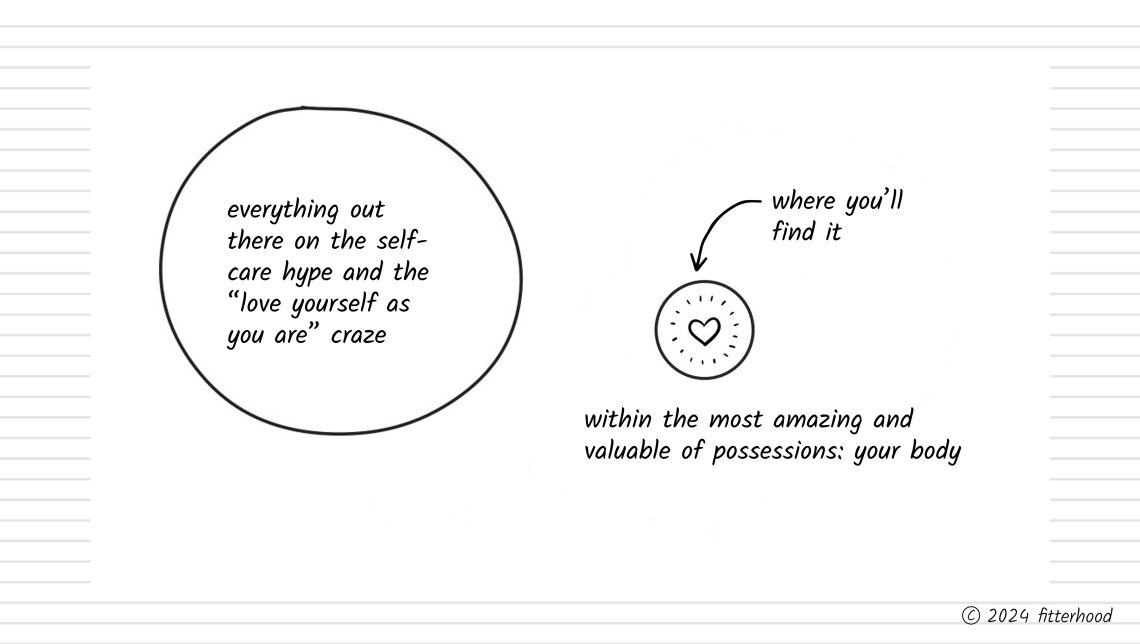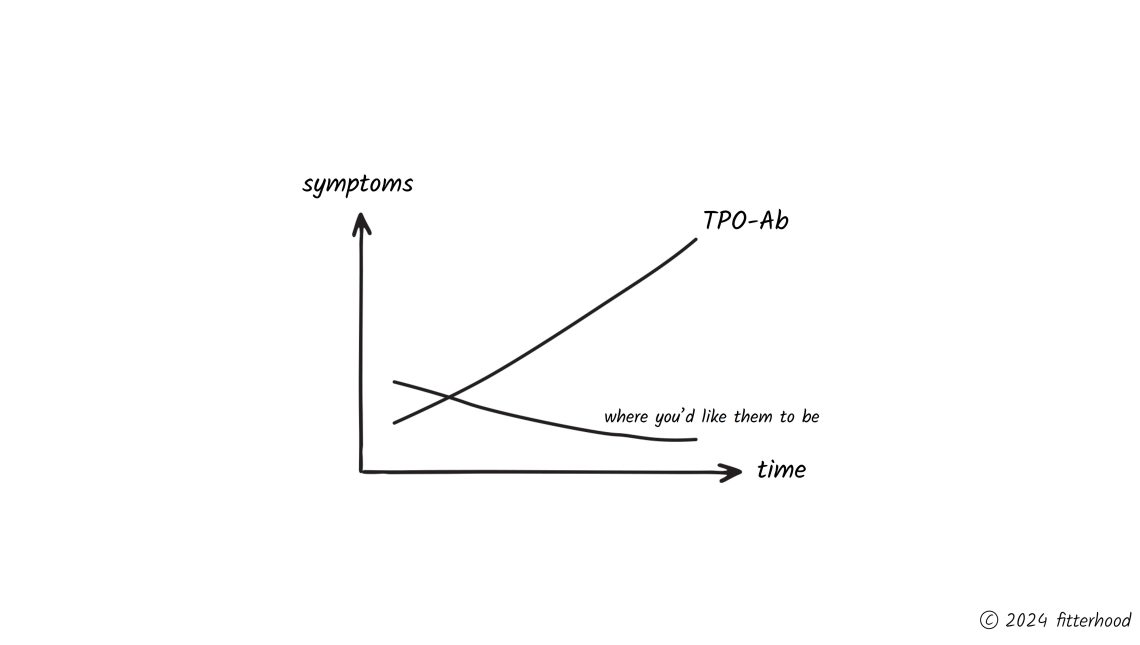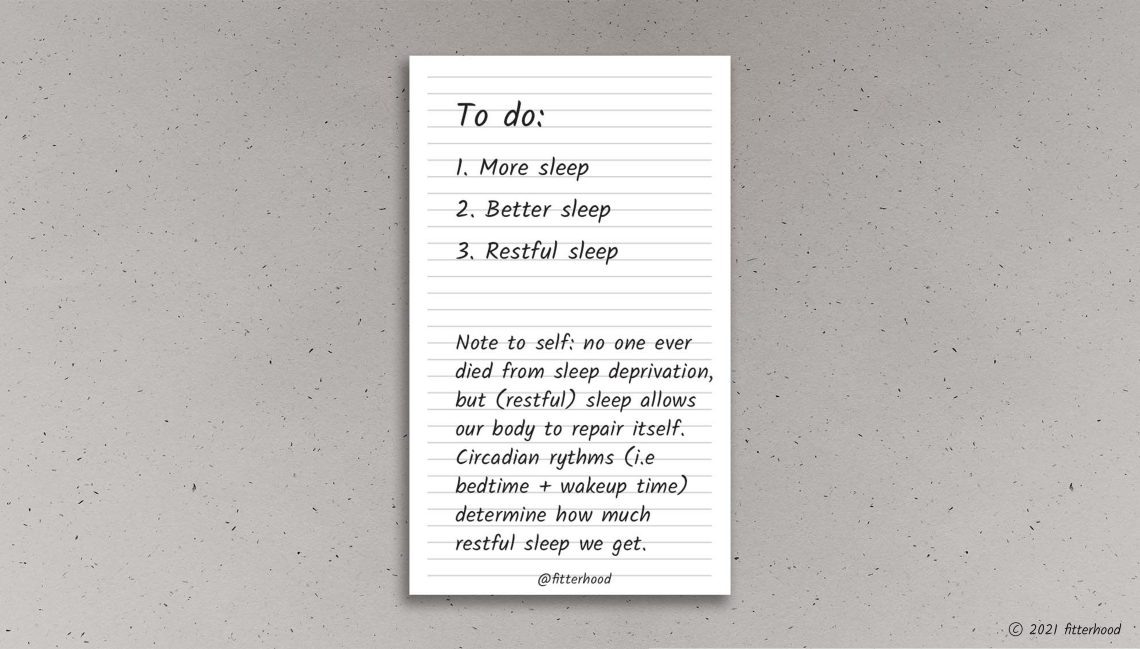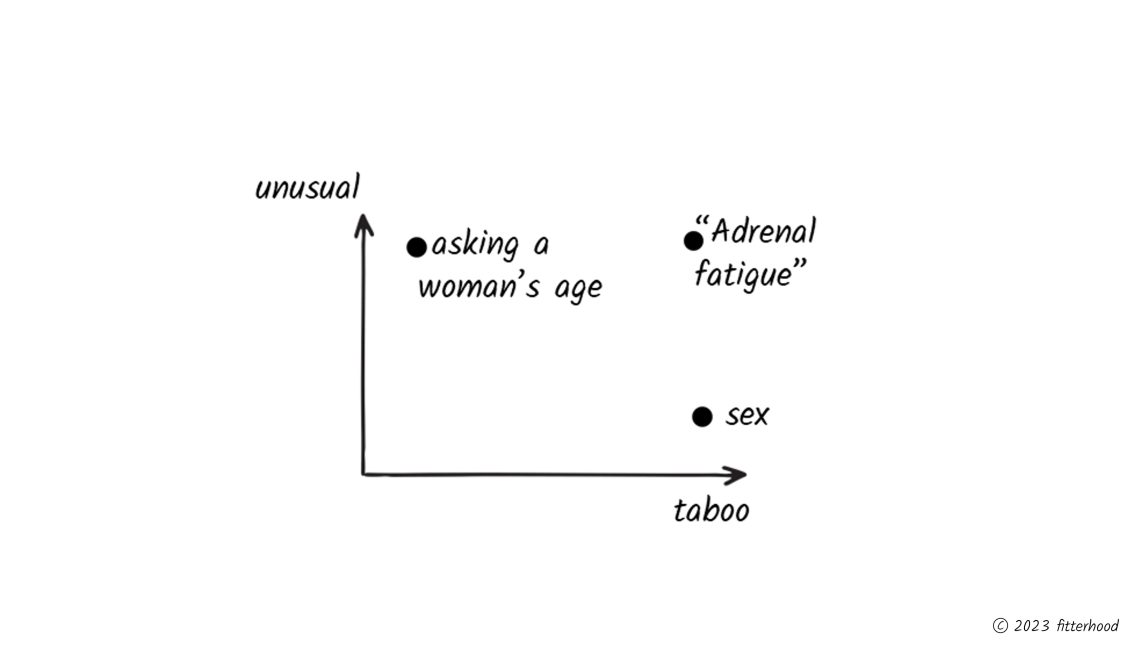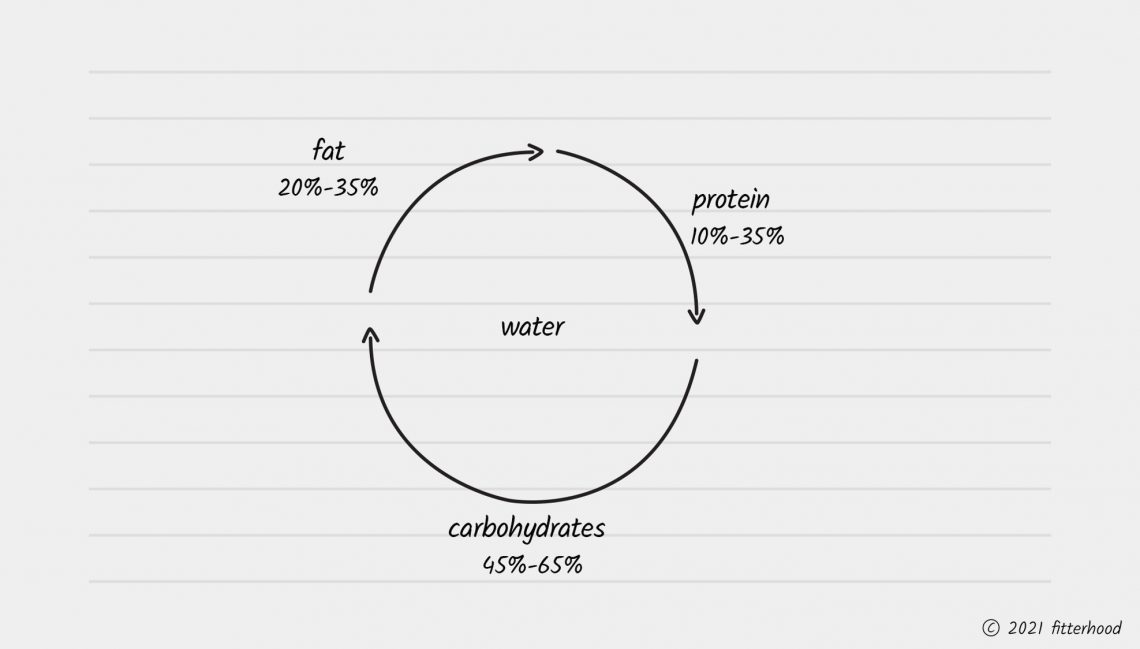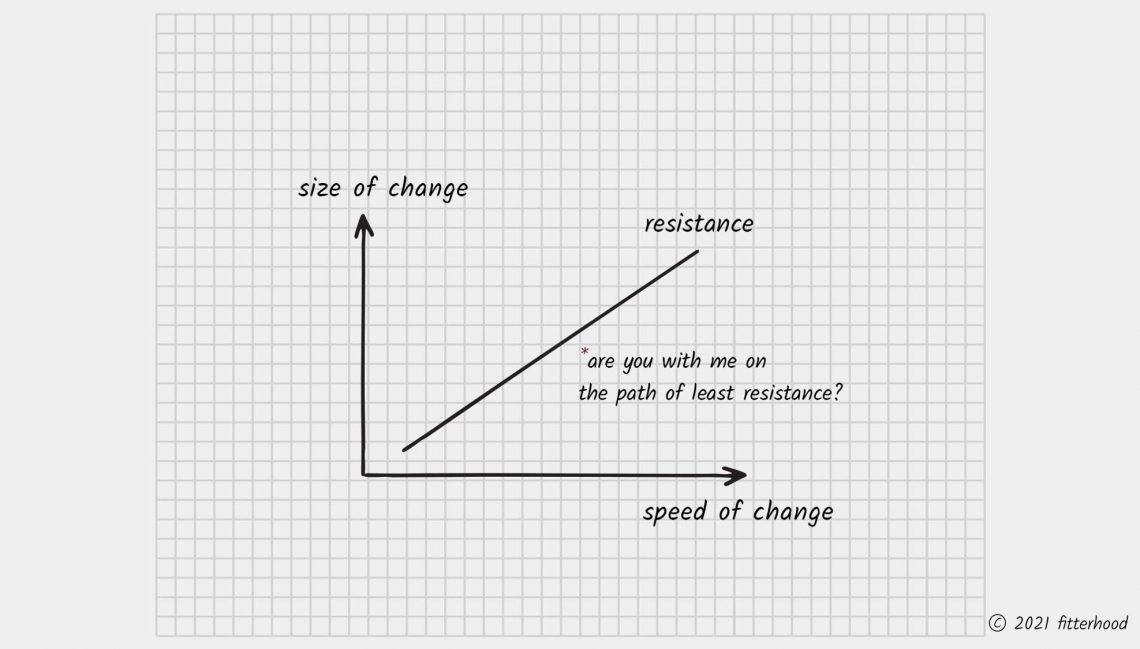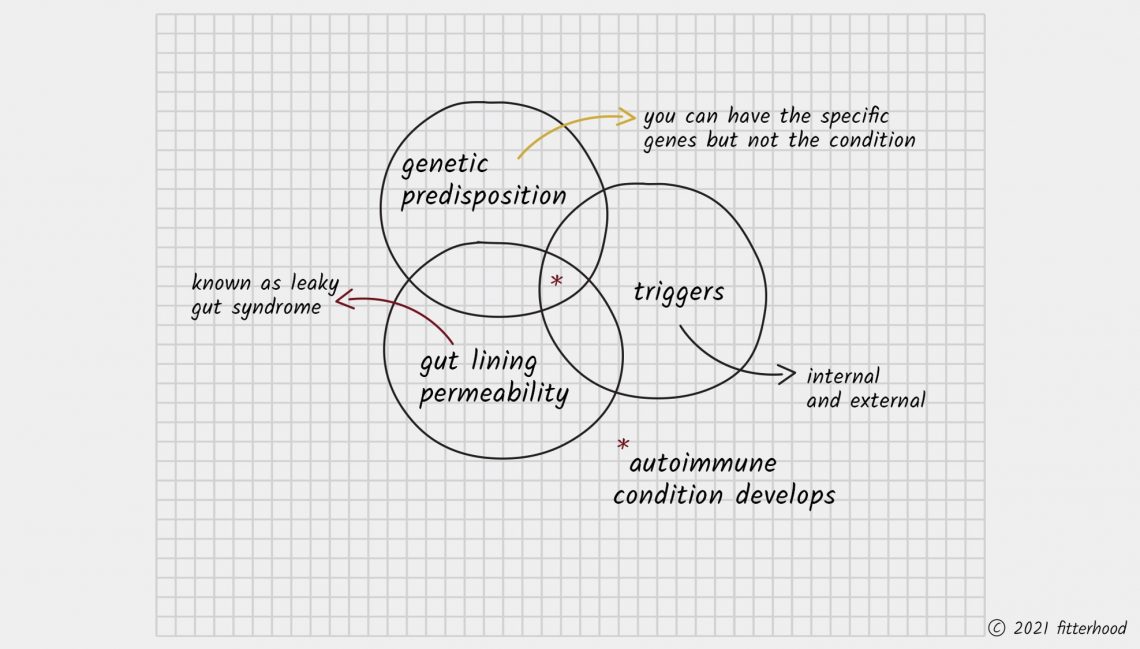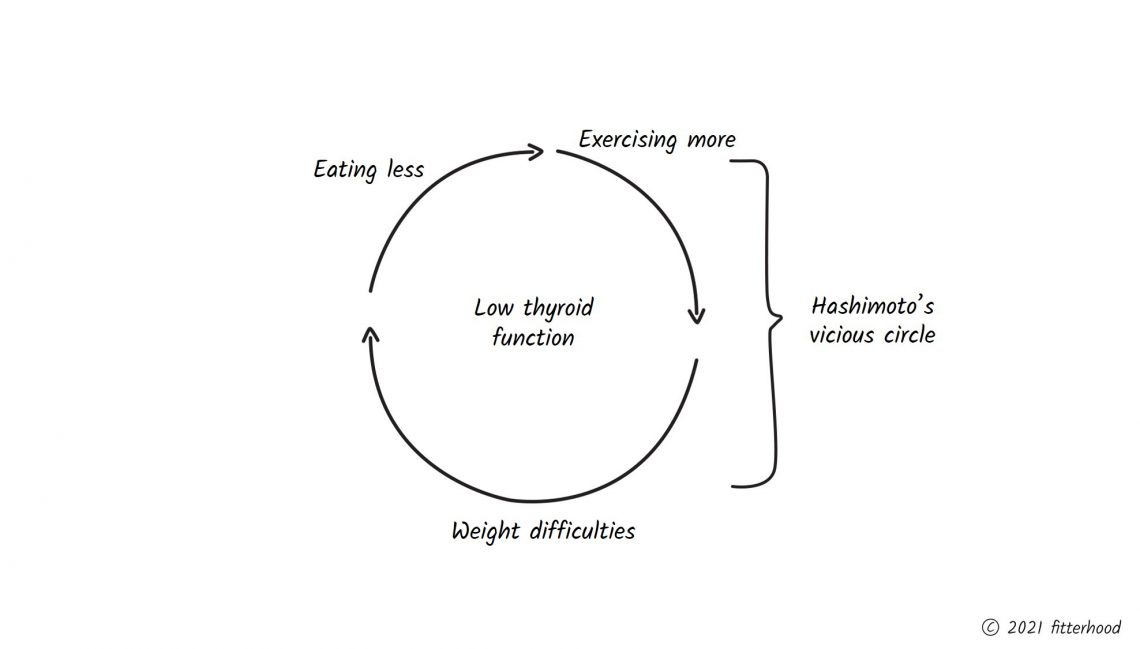Blog
Thought starters and occasional mindset moments. Please explore, enjoy, and share.
-
Is stress good or bad?
Whether stress is positive (eustress) or negative (distress), our bodies have the same physiological response and release the same hormones. Fight or Flight response to stress is a defence mechanism in our immunity system, that 4 million years of evolution did not manage to take away. Stress changes the hormonal physiology and makes you more susceptible to autoimmune flares. Stress modulation and regulation of the triggers that tax and deplete you to avoid chronic survival mode, is key. Yoyo diets, calorie deficits, excess cardio, and overtraining, all these put your body in survival mode. Is stress good or bad? Only you can answer that question for yourself. The important reality:…
-
What about that thing called self-love?
What about that thing called self-love? Each one of us lives, thinks, and daydreams with and within the most amazing and valuable of possessions: our human body. Knowing that it’s irreplaceable, everything about the care and maintenance of your body matters. Out of the 11 systems that regulate the human body, only 2 have a ‘memory’: the nervous system and the immune system. Taking extra care of those is key. Living a new story of Wellness inscribes a new scenario for these 2 systems. One that will benefit your whole-body system. There are no accidents in this awesome body system. The message in every sensation, every energy spurt (high or…
-
What are the stages of Hashimoto’s autoimmunity?
What are the stages of Hashimoto’s autoimmunity? Hashimoto’s Thyroiditis (HT) goes through stages. It’s a progressive disease that worsens with time if left unattended. Being familiar with the stage you’re at is key. It boils down to 3 variables: antibodies, symptoms, and thyroid gland damage. The initial stage is the presence of thyroid antibodies in your blood, but no symptoms or any sign of disease. TPO-Ab (Thyroid Peroxidase Antibodies) are produced by your immune system. A low amount below lab range is not considered alarming. But this is the watchful stage where you can start reducing the triggers that could set off the condition. You can have a genetic predisposition…
-
What’s on top of your priority list?
Your everyday priority list can look like that if you haven’t been sleeping well lately. Especially if the holiday festivities and gatherings have emptied your internal energy battery. After all, that’s the busiest time of the year to spend with loved ones, extended family, and friends. You may have grown to appreciate a more intimate holiday season where there’s value in not attending social gatherings that are not meaningful to you on a personal level. Still, the season brings family and friends together, and when you are graced with family traditions and deep friendships, you can find yourself in a whirlwind of holiday events that leave you somewhat sleep deprived…
-
Is ‘adrenal fatigue’ a thing?
Adrenal glands are located on top of the kidneys. They are vital to the body’s stress response management. They produce a cohort of hormones such as cortisol, epinephrine (or adrenaline), and norepinephrine. More about the central role of cortisol and each hormone as we go, but for now, let’s focus on the adrenals. They are a critical part of the endocrine system, and if disrupted, can cause a lot of damage. And I mean a LOT. HPA (hypothalamic-pituitary-adrenal) axis dysfunction results in your adrenals being out of whack, and other hormones will most probably be too. Many will tell you there is no such thing as adrenal “fatigue”. Conventional standard…
-
Is fat the enemy?
No. Carbohydrates, fat, and protein are your body’s best friends. The body is programmed to use these macronutrients in that order to produce energy. Any extreme intake or reduction of these macronutrients will impact hormones. Both fat and carbs have earned a bad reputation (more on this topic later). If we consider that fat is the big bad wolf to be avoided, some of our hormones are made of fat (e.g. steroid hormones: estrogen and testosterone). Drastic reduction of fat in our daily meals can lead to dysregulation. And repeatedly depriving our body from the right kinds of fat puts the body under a repetitive state of stress. This is…
-
On daily habits
On daily habits Good or bad. We all have daily habits. When wanting to change an old habit or start a new one, our brain will always take the path of least resistance. That is why we like comfort zones and find change difficult. I cannot say it enough: When it comes to behaviour change, less is more. Sometimes, we need to break things down to understand them better. The same goes for our behaviours, and our fitness and health goals. When looking at changing a habit, the most fundamental question to ask is: does it raise your total stress level or lower it? Inconsequential behaviours will not raise your stress…
-
Are genetics destiny?
Are genetics destiny? Genetics play a big role, but they are not destiny. Lifestyle choices can make a huge difference. The latest evidence tells us that even if we carry the specific genes, we will not develop the autoimmune disease unless two other conditions are there: 1- the specific internal and external triggers2- gut lining permeability The immune system is highly dependent on the good health of our intestines. When the wall of the small intestine becomes leaky or permeable, it promotes autoimmunity mechanisms. In addition to its role of digestion and intestinal absorption of nutrients, our gut must prevent unwanted substances (bacteria, pathogens, allergies, toxins) from crossing the gut…
-
Unrecognized low thyroid function?
Unrecognized low thyroid function? This master gland nested on the vocal cords affects every cell in our body and regulates metabolic rate and energy levels. Our body converts energy from food and needs a certain optimal temperature for the cells to properly perform their functions. We can consider the thyroid as the body’s “thermoregulator”. When the thyroid is not producing enough T4 and T3 hormones, the body will have trouble creating energy from the food we eat. Hence, the metabolism slows down. A low thyroid function also occurs when the body is not converting the main T4 hormone into enough active T3. Because your thyroid regulates the burning of calories,…
-
Meet the team
Meet the team The endocrine system is a network of glands that release hormones to regulate the body’s organs and functions (mainly growth, development, mood, metabolism, immunity, and reproduction). Hormonal disruption can impair exercise results, with potential long term adverse consequences on health and wellbeing. Exercise also impacts hormones. Think of the endocrine system as a company with a CEO, a managing director, and first line managers with job descriptions and specific functions. There’s also teamwork. Endocrine System Inc. has very complex corporate dynamics. Hypothalamus is the CEO in the brain and runs the show. Pituitary is the managing director, sits in an office next to the hypothalamus, leads first line…

